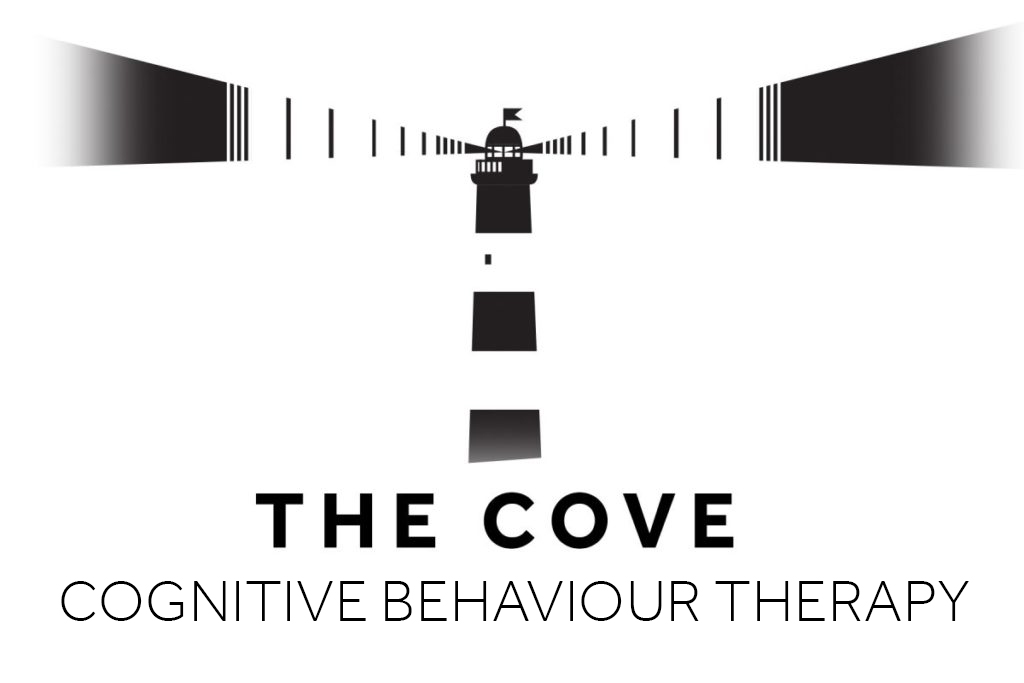Mindfulness
“Ask yourself what is really important and then have the courage and wisdom to build a life around the answer”
– Lee Jampolsky
In this digital age, it can be difficult to find calm. To address this, the concept of Mindfulness (based on principles of ancient Eastern wisdom) has become increasingly popular.
Often a person will try to control their emotions and eliminate negative feelings and thoughts by “keeping a lid on it” or “blocking it from their mind”, but the process of suppressing feelings or thoughts can dredge up past regrets or future worries, leading us to feel worse.
Mindfulness, self-acceptance and compassion are strategies that don’t attempt to reduce or control thoughts and feelings. Rather, they aim to transform our relationship with our difficult thoughts and feelings so we no longer perceive them as ‘symptoms’ but as harmless, albeit uncomfortable, transient psychological events. The goal of this type of therapy is to create a fulfilling and meaningful life in which we are fully present, while accepting the pain that inevitably goes with life. Ironically, it is through this process that Mindfulness actually achieves symptom reduction, but as a by-product and not the goal.
How does it work?
Mindfulness can involve the following ideas:
- Diffusion – take a ‘step back’ and observe the thought or feeling without getting caught up in it, as if you were observing a train coming in and out of a station. In doing so we can recognise that our thoughts are nothing more or less than transient, ever-changing stream of words, sounds and pictures.
- Acceptance – making room for unpleasant feelings, sensations, urges and other private experiences; allowing them to come and go without struggling with them, running from them, or giving them undue attention.
- Engaging with the present moment – bringing full awareness to your here-and-now experience with openness, interest, and receptiveness; focusing on, and engaging fully in whatever you are doing
- Meditation – Frequent and regular meditation practice has been shown to have numerous positive effects on well-being. People often describe feeling calmer and more compassionate to themselves and others. Meditation is a central part to becoming more mindful, but meditation isn’t about clearing the mind but instead people to learn how to pay attention in each moment with full focus and friendly interest.
- Values – fulfilment comes from a life lived in accordance with one’s values. When working mindfully, we spend time thinking about the values deep within ourselves, what sort of person we want to be; what is significant and meaningful to us; and what we want to stand for in life.
- Committed action – this involves setting goals, taking action and doing what matters, which is guided by your values, even if difficult or uncomfortable.
